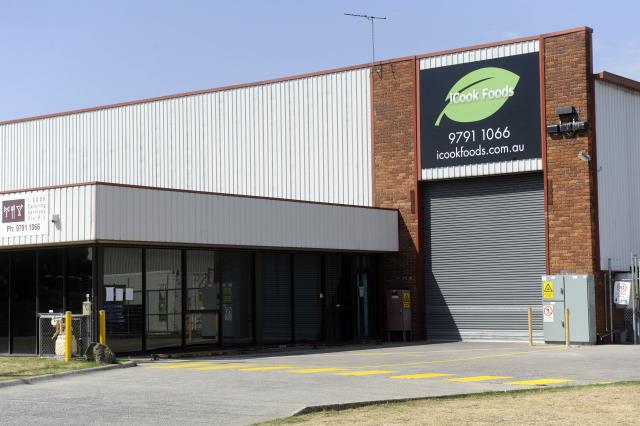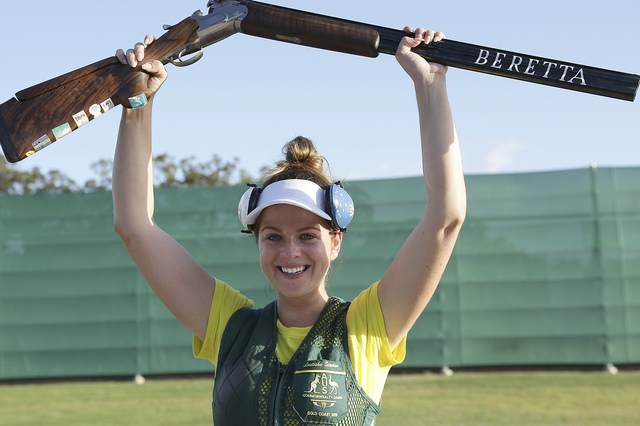What information did then-Acting Chief Health Officer Brett Sutton have to justify his closure of I Cook Foods?
This is one of the key issues being argued by ICF in its quest for compensation that’s being heard at the Victorian Supreme Court,.
Dr Sutton’s closure order stated he was satisfied under the Food Act that ICF’s food was “unsafe” and “unsuitable” based upon a report by an authorised officer.
ICF argues that this “report” was not provided to ICF prior to its shut down.
It was a denial of natural justice ahead of a closure that led to the “complete destruction” of ICF, it submitted.
Further, the “report”, which was eventually provided by the DHHS during pre-trial discovery, did not actually satisfy Dr Sutton that ICF’s food was unsafe.
This point has been conceded by the DHHS, and is a ground for making the closure order invalid according to ICF.
The supplied ‘report’ was an email summary from a meeting of DHHS senior officials including Dr Sutton on the day of the closure order.
DHHS decided at the meeting to request Greater Dandenong Council to close production at ICF that day, DHHS barrister Christopher Caleo KC told the court.
There was no minutes of the meeting, he said.
In its submissions, DHHS argues that Dr Sutton validly relied on a range of written and oral reports from various officers over three days.
This included an investigation into food eaten by the patient, positive LM samples at ICF, the condition of ICF’s premises and food safety practices and the vulnerability of patients, nursing home residents and Meals on Wheels clients.
Pre-trial, DHHS initially refused to supply the other ‘reports’ on the grounds due to the task being “too broad” and “oppressive”, the court heard.
Justice Michael McDonald noted the DHHS’s basis for that response was “questionable to say the least”.
The DHHS submitted that it wasn’t required to give ICF a chance to respond prior to the shutdown as part of the department’s “protective”, “emergency” power.
ICF argued that natural justice wasn’t expressly excluded by the Food Act in this case.
Mr Caleo argued that for ICF to succeed, it was not enough to show Dr Sutton made a mistake.
ICF must prove Dr Sutton acted with malice, or the “absence of an honest attempt to perform the functions of the office”, he said.
“The question is whether a decision-maker could reasonably come to the conclusion.
“Dr Sutton’s actions in making the Closure Order and Varied Closure Order were lawful, considered, without malice, based on evidence and were undertaken in an honest attempt to perform his statutory role.”
The trial continues on Wednesday 9 August.







